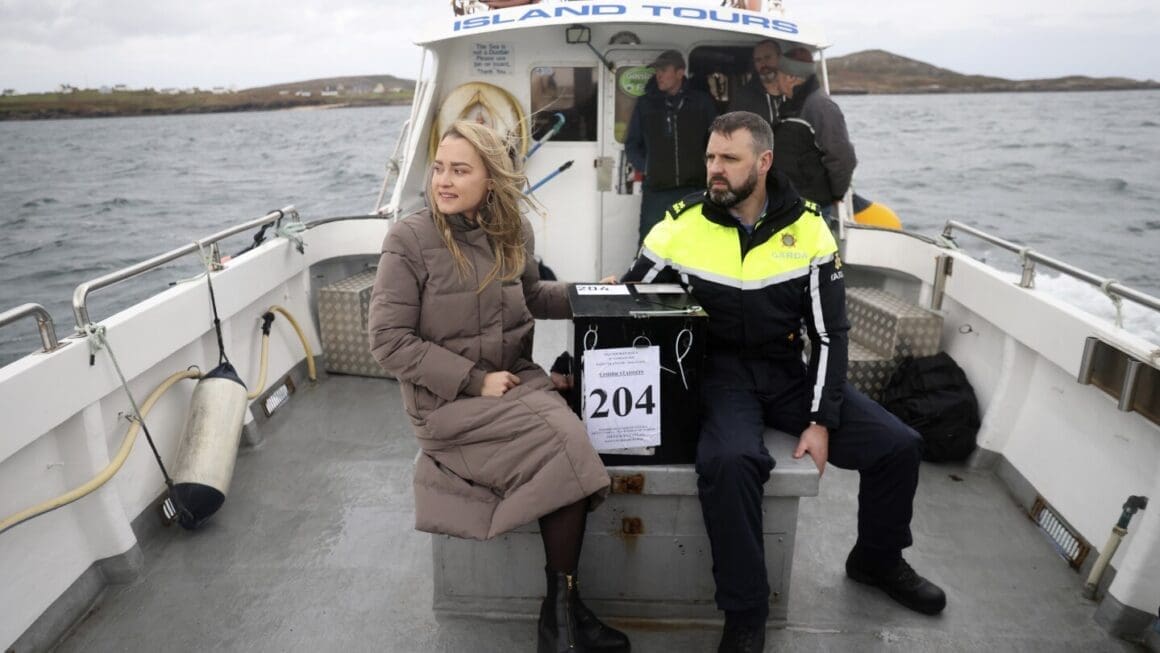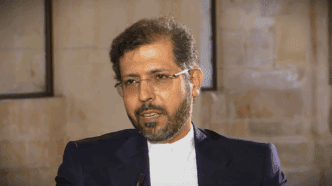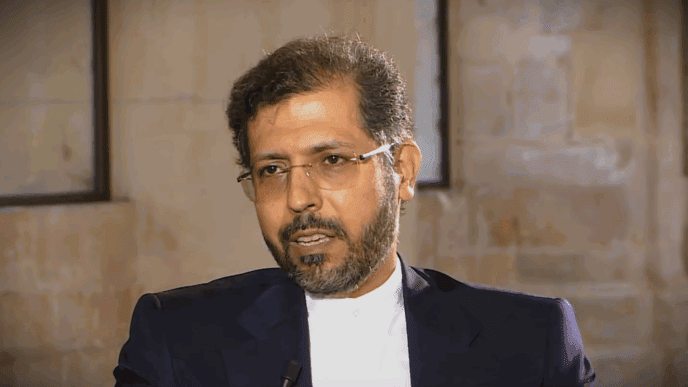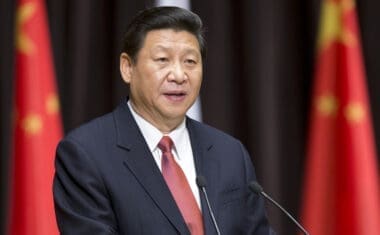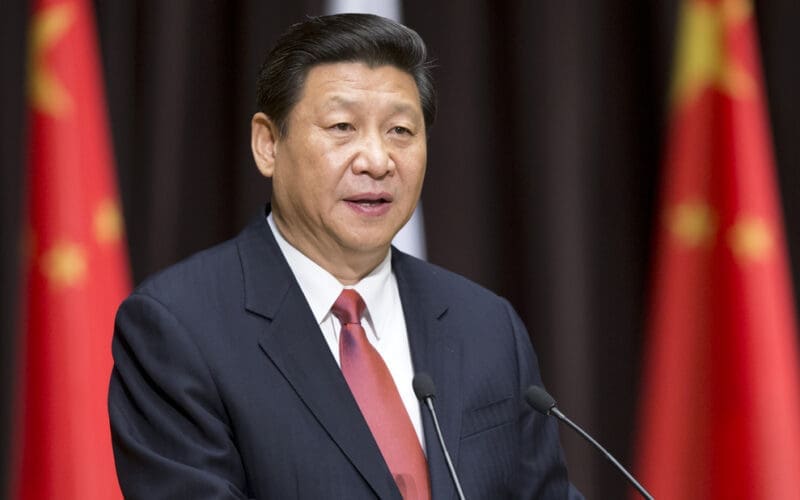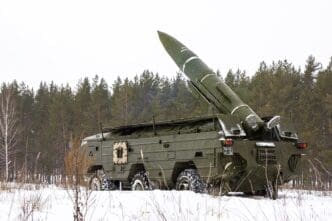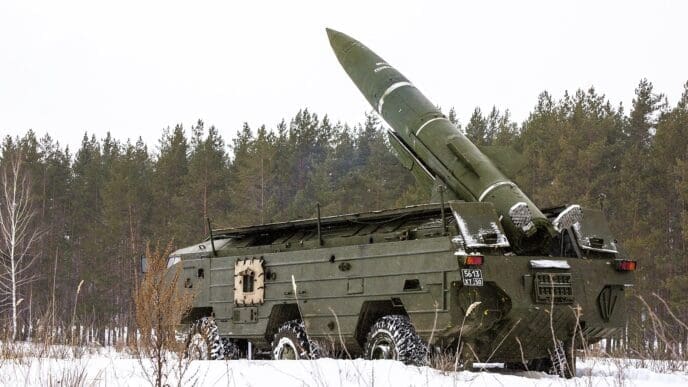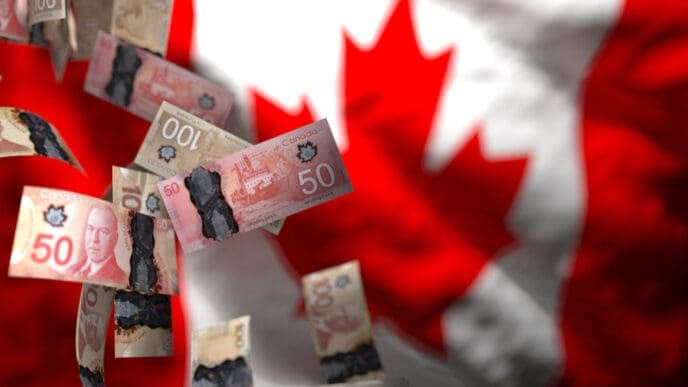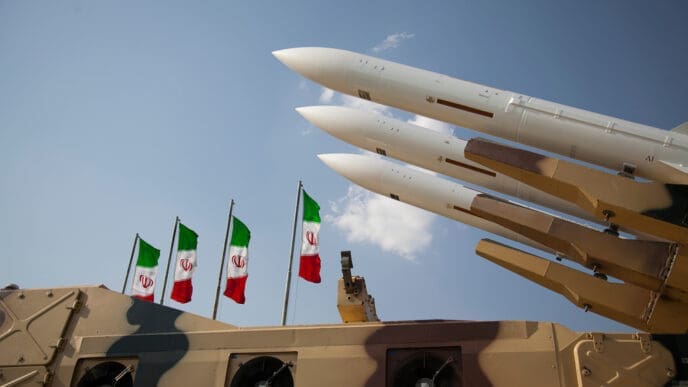Ireland’s parliamentary election, held on November 29, 2024, presents a crucial test for incumbent parties, Fine Gael and Fianna Fail, which have dominated the nation’s politics for a century. This election not only determines the next government but challenges Ireland to resist a global trend where incumbents are often ousted by discontented voters.
The election follows a period marked by pandemic recovery, international tension, and economic challenges, especially the cost of living crisis which has been a dominant campaign issue. With 3.8 million voters deciding 174 parliament members, the election employs proportional representation, giving a chance to smaller parties and independents along with the giants of Irish politics.
Fine Gael and Fianna Fail, traditionally center-right and rivals since the 1920s civil war, have been sharing power post the 2020 election tie through a coalition. They alternated the prime minister position, initially held by Micheál Martin of Fianna Fail, followed by Leo Varadkar and now Simon Harris. The coalition faced challenges from Sinn Fein, which gained significant votes in 2020 but was excluded from power due to its history and policies.
Housing shortages have been a critical issue, stemming from inadequate construction during the economic growth and slumps post-2008 crisis. As John-Mark McCafferty from Threshold highlights, resources are available but historical infrastructure deficits remain. The challenge has been compounded by immigration, a new dynamic for Ireland, receiving over 100,000 displaced Ukrainians and others fleeing global conflicts, leading to housing strains and social tensions.
Social media and minor anti-immigrant groups have amplified xenophobic sentiments, affecting parties like Sinn Fein, which supports immigration but faces backlash from its base. Political analyst Eoin O’Malley suggests that while voters are diversely split, another Fine Gael-Fianna Fail coalition is probable, potentially involving smaller parties or independents as necessary players.
As voting concludes, an exit poll is expected to provide initial insights, though the final results and subsequent government formation could take days or weeks, illustrating the complexities of Ireland’s political system. Simon Harris expressed the long journey ahead as the nation awaits clarity from the intricate electoral process.
The 2024 Irish election exemplifies a nation’s struggle with global themes of governance and voter dissatisfaction, all while facing distinct domestic challenges. As votes are counted, the outcome will reveal whether Ireland aligns with or diverges from the international norm of political change.
Source: Apnews


